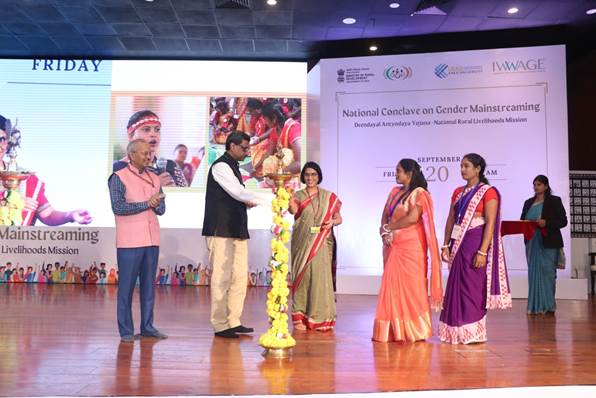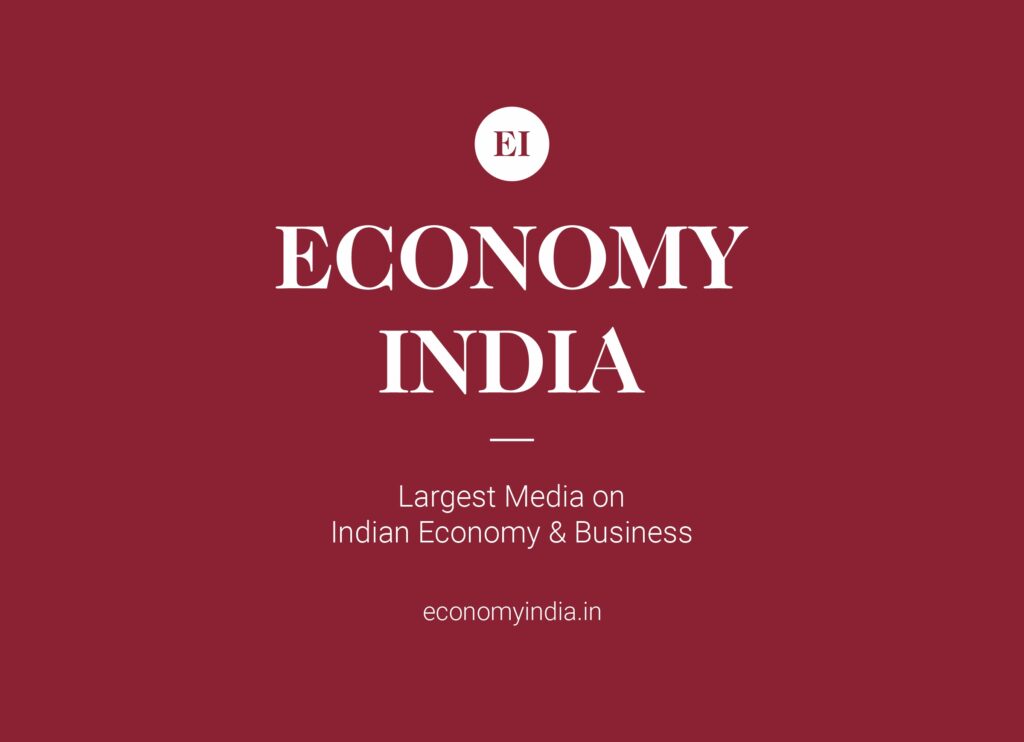Focus on Strengthening Gender-Sensitive Community Institutions Under DAY-NRLM
NEW DELHI (Economy India): The Ministry of Rural Development (MoRD) successfully organized a National Conference on Gender Mainstreaming in collaboration with the Institute for What Works to Advance Gender Equality (IWWAGE) in New Delhi. The event was part of the Deen Dayal Antyodaya Yojana – National Rural Livelihood Mission (DAY-NRLM) and focused on strategies to promote gender equality within the DAY-NRLM framework.
Commitment to Socio-Economic Inclusion
Addressing the conference, Shri Shailesh Kumar Singh, Secretary of Rural Development, highlighted the government’s role in transforming rural livelihoods through socio-economic inclusion and empowerment. He emphasized the need to improve gender strategies at the grassroots level by learning from community experiences. “The government’s holistic approach under DAY-NRLM requires constant adaptation to create gender-sensitive community institutions,” Singh said.
Strengthening Women’s Voices and Agencies
Former Secretary of the Government of India, Shri Nagendra Nath Sinha, spoke about the unique opportunity DAY-NRLM presents to empower women by addressing structural inequalities and enhancing their collective voice and agency. He stressed the importance of understanding gender-based labor divisions and unpaid care work, calling for context-specific solutions for Self-Help Groups (SHGs).
Sinha stated, “To ensure gender equality, we must strengthen the voices of women, recognize their contributions, and adapt policies that address their specific challenges.”

Capacity Building for SHGs and Community Organizations
Additional Secretary Shri Charanjeet Singh underscored the need for continuous capacity building of SHGs, Village Organizations (VOs), Cluster Level Federations (CLFs), and Social Action Committees (SACs). He called for improved legal and psychological support for SHG members, advocating for collaboration with the Department of Justice to spread awareness about legal remedies available to women.
Key Discussions and Gender Training
The event included four panel discussions on critical themes such as gender-sensitive institutions, inclusion pathways, and the need for greater collaboration and advocacy. Experts from the Ministry of Panchayati Raj, Ministry of Women and Child Development, SRLMs, SHGs, and civil society engaged in these discussions.
A key takeaway from the discussions was the focus on overcoming barriers to women’s empowerment, including unpaid work, gender-based labor divisions, pay disparities, and the lack of ownership in agriculture. The ‘Nayi Chetna Initiative’, a global advocacy program, was highlighted for addressing these challenges through collective action.

Expanding Gender-Inclusive Spaces
The conference emphasized the need to integrate gender equality across sectors, including livelihoods and institutional frameworks. A significant discussion point was the importance of involving men, boys, and youth in challenging traditional gender norms and creating inclusive spaces. The role of SHGs in promoting gender equality in households and enhancing women’s leadership in agriculture and local enterprises was celebrated.
The conference concluded with a commitment to develop a robust strategy for mainstreaming gender within and beyond NRLM, ensuring that rural women across India lead empowered and violence-free lives.
(Economy India)
source (PIB)




